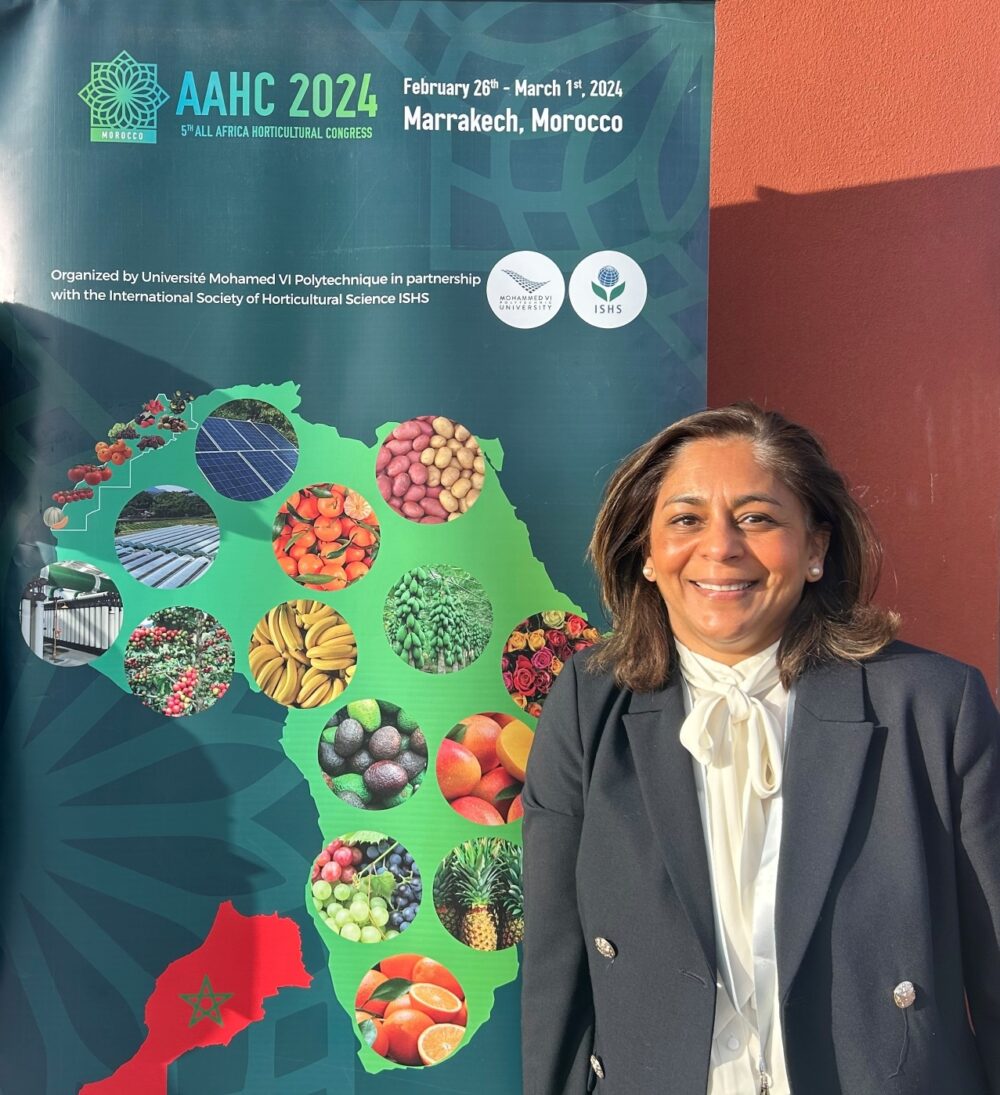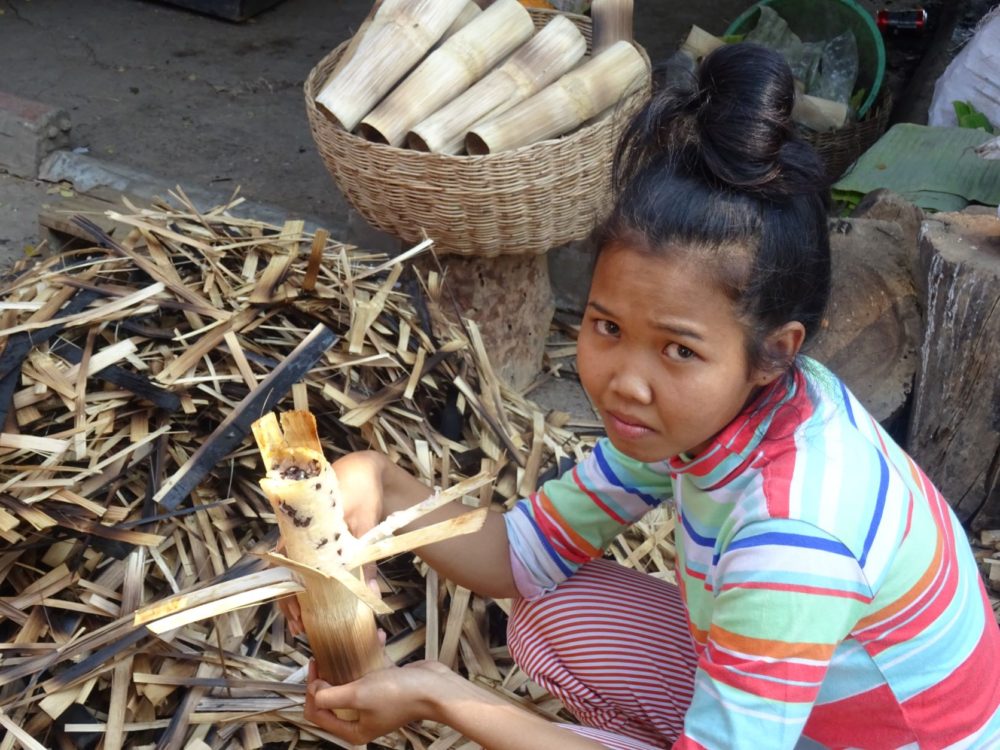By Neena Bhandari
Sydney, 28.02.2024 (IPS): Growing up on a small farming station in Holetta (Ethiopia), Yvonne Pinto would accompany her agriculturist father to the farm, where she would spend her time cross-fertilizing plants. Her tiny fingers making the task easier, as she would marvel at the end product of a prospective new and higher yielding variety. These formative years laid the foundation for her career in agricultural science.
Ethiopia in the late 1970s and 1980s was ravaged by a terrible famine, drought, civil war, and international conflict. It became clear to Pinto from the outset that such exigencies could rapidly deteriorate everyday life and the absence of food could decimate a population. These events instilled in her a deep appreciation for the role agriculture and food systems play in human survival.
“I haven’t forgotten where I came from,” says Pinto, the incoming Director General of the International Rice Research Institute (IRRI). A second-generation Kenyan by birth, she feels privileged to have been brought up in Ethiopia, a country that was never colonized and where she felt fortunate to grow up as an equal, a rare experience then.


